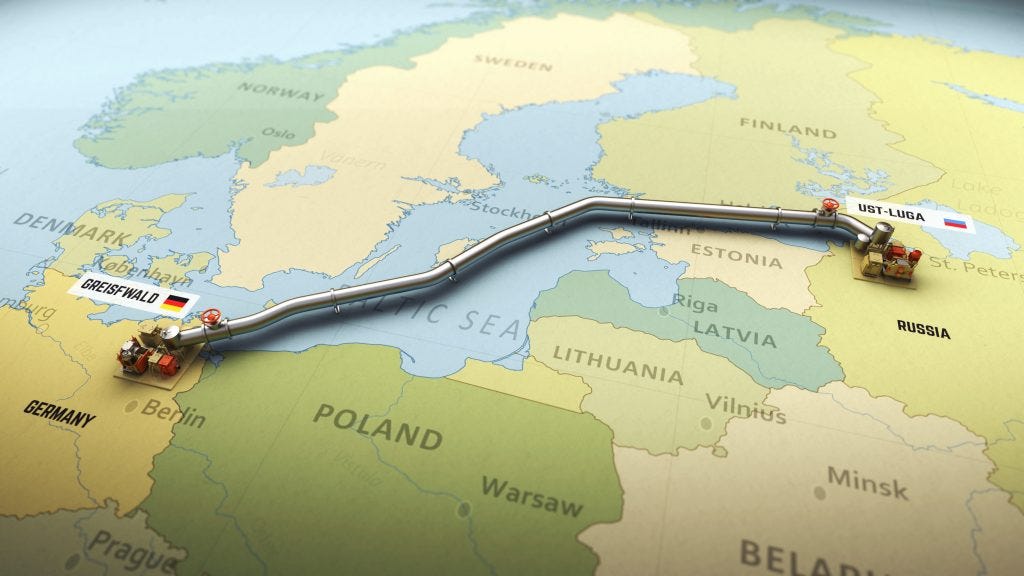It’s an international “whodunit?” On September 26, the company operating the underwater pipeline from Russia to Germany reported a sudden loss of pressure. Simultaneously, Danish and Swedish authorities detected a series of undersea explosions offshore the Danish island of Bornholm in the Baltic Sea.
Investigations revealed the explosions had damaged two pipelines, Nord Stream and the unfinished Nord Stream 2, releasing natural gas into the environment and rendering them both inoperable.
Some suggested Russia mined the pipelines and set off the damaging explosions, while others were not so quick to pass judgement – including the U.S. Biden Administration. Russian Federation President Putin blamed the West for the acts of sabotage.
Weeks have passed and several investigations are underway, but the world still does not know who is responsible.
John Foster is an energy economist with a keen interest in international affairs, and he recently wrote a revealing article for Canadian Dimension magazine. John Foster is the author of Oil and World Politics: The real story of today’s conflict zones (Lorimer Books, 2018). He held positions with the World Bank, Inter-American Development Bank, BP and Petro-Canada.
In the article, Foster writes, “When unexpected events occur in foreign affairs, like a sudden ousting of a government or an explosion of pipelines, an important question is: cui bono, who benefits?”
Only a very few countries have the technological resources and access to the Baltic Sea to carry out such attacks. That rules out Ukraine despite its animosity to Nord Stream because it allows Europe to buy Russian gas. France may have the technology but has no reason to antagonize its ally Germany. Britain acts in lockstep with the United States and is unlikely to act independently. That leaves Russia, Poland and the United States. “Like an Agatha Christie mystery, the culprit is likely to be one or more of them,” says Foster.
Was it Russia?
Foster says it’s unlikely Russia; “The sabotage cannot benefit Russia. It owns the pipelines in full or part and can turn them on or off without wrecking them.”
Was it the United States?
He points out that even before the Russian invasion of Ukraine in February, the United States had the Nord Stream pipelines in its sights. “On February 7, President Joe Biden stated that, if Moscow invaded Ukraine, “there will no longer be a Nord Stream 2. We will bring an end to it… I promise you, we’ll be able to do it.”
Maybe it was Poland?
Poland has always been hostile to Nord Stream, says Foster. In August, Polish President Andrzej Duda demanded it be “totally scrapped.” After the explosions, former Polish Foreign Minister Radoslaw Sikorsky thanked Washington for destroying the pipelines. The sabotage occurred just 100 kilometres from the Polish naval port of Kolobrzeg, which hosts minelaying ships and naval combat engineers.




